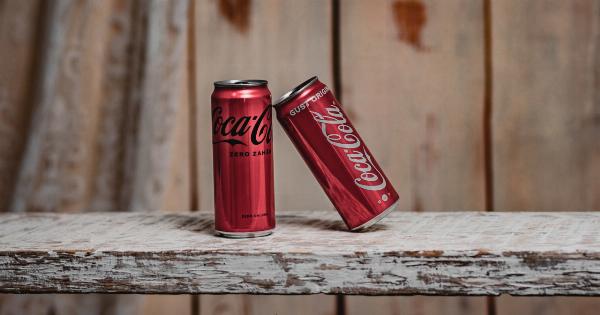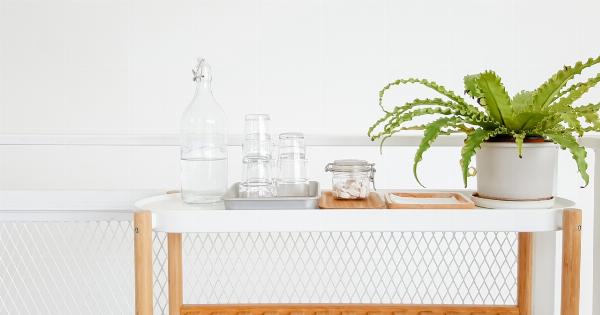Most households consider the kitchen sink to be an essential part of their everyday lives. It is where we wash dishes, prepare food, and even quench our thirst. However, many of us are unaware of the potential health risks associated with our sinks.
Poor Hygiene Habits
One of the major culprits behind the health risks associated with sinks is poor hygiene habits. Often, people fail to wash their hands properly or neglect to clean the sink area regularly.
This negligence can lead to the accumulation of harmful bacteria, such as E. coli and salmonella, which can cause serious illnesses.
Dampness and Mold Growth
Sinks are prone to dampness due to constant water exposure. This moisture, combined with the warmth of the kitchen, creates an ideal breeding ground for mold and fungi.
Mold spores can cause allergic reactions, respiratory problems, and even severe infections in individuals with weakened immune systems.
Contaminated Water Supply
Another hidden health risk associated with sinks is the potential contamination of the water supply. If the plumbing system is not properly maintained, it can lead to the backflow of dirty water from drains into your tap water.
This contaminated water can contain harmful chemicals, pathogens, and other pollutants that can pose serious health risks when ingested or used for cooking.
Chemical Exposure
Many households also store cleaning products and chemicals under their sinks. If these products leak or spill, they can contaminate the surrounding area.
Exposure to these chemicals can cause skin irritation, respiratory issues, and in severe cases, organ damage. It is crucial to handle and store cleaning products properly to minimize such risks.
Potential for Injury
While the health risks associated with sinks are often related to hygiene and cleanliness, there is also a potential for physical injuries.
Sharp objects, such as knives or broken glass, can accidentally end up in the sink, posing a risk of cuts or puncture wounds. Additionally, slippery floors around the sink area increase the likelihood of accidental falls.
Preventing Health Risks
Fortunately, there are several steps you can take to minimize the health risks associated with your sink:.
Regular Cleaning
Make it a habit to clean your sink and its surrounding area regularly. Use a disinfectant or a mixture of vinegar and water to kill bacteria and prevent mold growth.
Pay special attention to the drain, faucet, and handles, as they are often touched with dirty hands.
Proper Hand Hygiene
Washing your hands properly is essential to prevent the spread of bacteria and contaminants. Use warm water and soap, and scrub your hands for at least 20 seconds.
Don’t forget to dry them thoroughly with a clean towel to prevent the accumulation of moisture around the sink.
Check Plumbing Regularly
Ensure that your plumbing system is in good condition and regularly checked by a professional. This will minimize the risk of backflow or leaks that can contaminate your water supply.
It is also advisable to install a backflow prevention device to further safeguard your water quality.
Proper Storage and Handling of Chemicals
If you store cleaning products under your sink, make sure they are tightly sealed and stored in a secure manner. Keep them away from food items or containers to prevent accidental ingestion.
In case of a spill or leak, clean it immediately and dispose of any contaminated materials properly.
Sink Safety Measures
To prevent physical injuries, always handle sharp objects with caution. Avoid placing knives or glassware directly in the sink, and use dish racks or designated containers instead.
Keep the area around the sink dry to minimize the risk of slips and falls.
Conclusion
While the kitchen sink plays a crucial role in our daily lives, it is essential to be aware of the potential health risks associated with it.
By practicing good hygiene habits, maintaining your plumbing system, and taking necessary safety precautions, you can minimize the risks and ensure a healthier environment in your kitchen.































